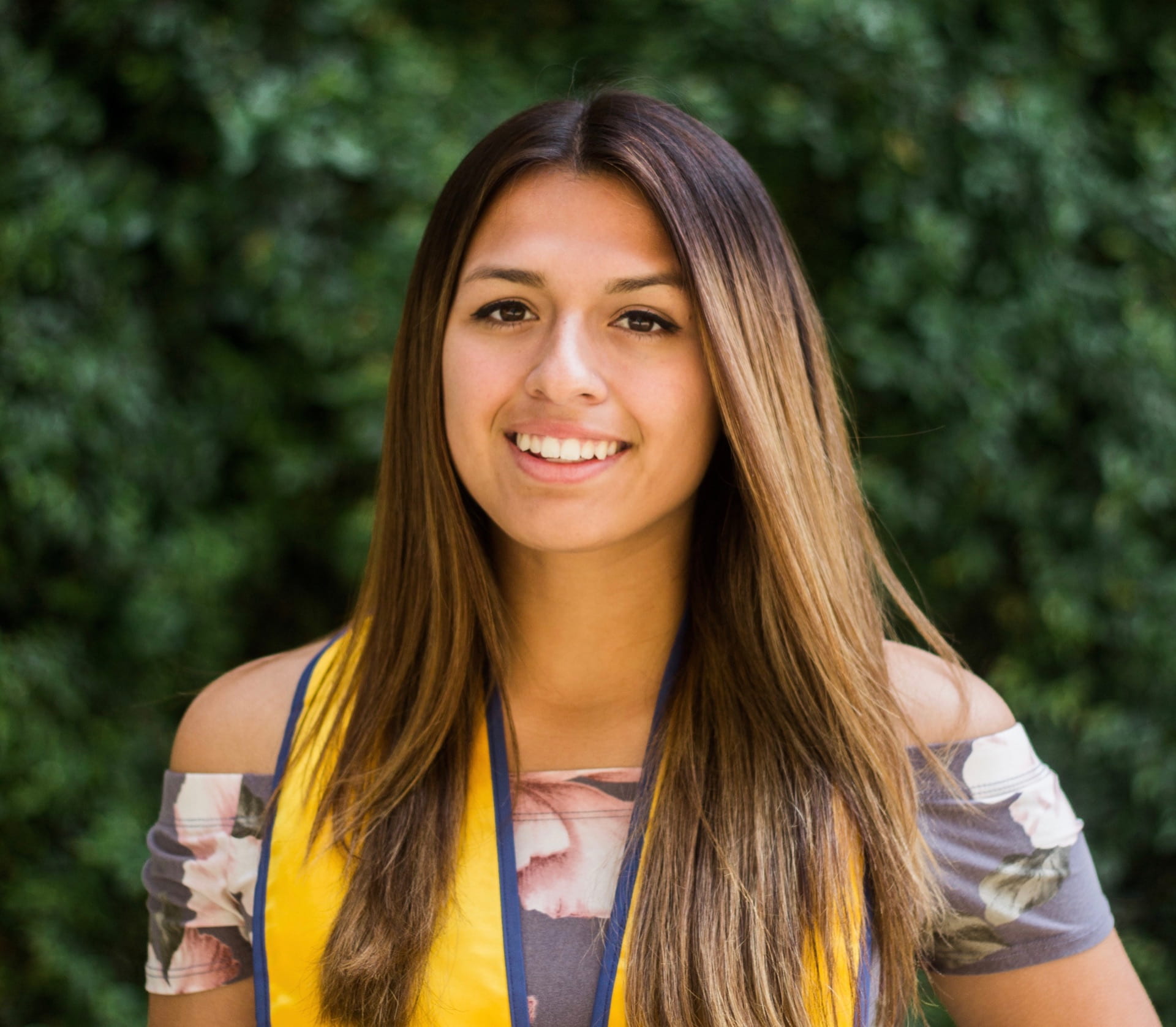Applying for PhD programs is exciting, but can also be overwhelming and stressful. How do you even begin the process? From narrowing down different programs to working on application materials, deciding which doctoral program is right for you takes some time. We asked some of the graduate students in the Learning Sciences for their best advice on applying to graduate school. Here’s what they said!
|
 Dr. Marcia Preston Dr. Marcia Preston
Learning Sciences PhD graduate ‘20
|
- Talk to current students–ask them what it is like working with your advisor and how prepared they feel for the job market.
- Visit the school, take a tour, and make sure it feels like a good fit for you.
- Email potential advisors and set up a time to talk with them about their research so you can see if their interests fit with yours.
- Make sure you discuss funding opportunities and whether there is summer funding.
- Have someone proofread your essay before you submit.
|
|
 Scott Sheridan Scott Sheridan
4th Year Learning Sciences PhD student |
My advisor in my Master’s program told me to think of getting a PhD as doing a residency at a hospital. You’ve got to find the advisor who specializes in those things that interest you most. It’s as much or more about that fit than anything else. He was absolutely correct. |
|
 Caroline Gaudreau Caroline Gaudreau
4th Year Learning Sciences PhD Student |
- When applying, work on forming relationships with potential advisors. During interviews and in your written materials, convey why you fit well with the research program, showing how you would be an asset to a faculty member’s research team.
- Spend some time thinking about what you want out of graduate school. Is publishing important to you? Is teaching your #1 priority? Do you want to emphasize statistics in your training? Talk to current graduate students and look online to see whether the program will meet your needs.
|
|
 Haobai Zhang Haobai Zhang
3rd Year Learning Sciences PhD student |
- When searching for graduate programs, you can explore programs in various departments not limited to your home department because doctoral programs are getting more and more interdisciplinary. For example, if you are looking for quantitative methods programs, you may find interesting and related programs in the Department of Psychology, Education, Statistics, Cognitive Science, or even Computer and Information Science.
- It would be nice to start early with the preparation for all the material. Starting early means you’ll have more flexibility in the later stage of your application. This flexibility includes but is not limited to more chances to polish the statement of purpose or even taking another GRE test.
|
|
 Alexus Ramirez Alexus Ramirez
3rd Year Learning Sciences PhD Student |
- When applying to graduate program, consider what kind of guidance you will need. Some people prefer a more ‘hands-on’ mentoring style, in which the advisor is actively involved with the projects. Others prefer a ‘hands-off’ style, in which the graduate student has a more independent role. Whichever style you prefer does not matter. Finding an advisor that matches that style is what matters.
- Additionally, make sure to get a feel for the environment beyond the advisor. Consider asking the following questions. Do the graduate students work individually or together as a team? Is the location of the school a good fit for you? Are the professors willing to collaborate? Finding a school that meets your goals and needs is important.
|
|

Bataul Alkhateeb
2nd Year Learning Sciences PhD Student |
I would recommend any future grad student ask for contact information of any students already working with their potential advisors. This way future grad students can get a real sense of the environment they’ll be working in and who they’ll be working with. It also gives them a chance to gather resources that other grad students might be aware of that advisors or professors may not be aware of, such as finding housing and roommates or parking. |
|
 Raymond Patt Raymond Patt
1st Year Learning Sciences PhD Student |
- When looking at schools, find advisors you’d be interested in and reach out to them! Set up a Zoom call with them, get to know them, and make sure they know you’re interested in their work.
- Find research articles you’re interested in and look up the authors to find potential advisors. I spent a lot of time going to different university pages I was interested in but wound up only applying to work with people whose work I had stumbled upon and read.
- Don’t forget to go where you’re comfortable: location is just as important as advisors and academic rigor. You’re going to be living there for 4-5 years and it’s going to be a lot of work, live somewhere you love!
|










